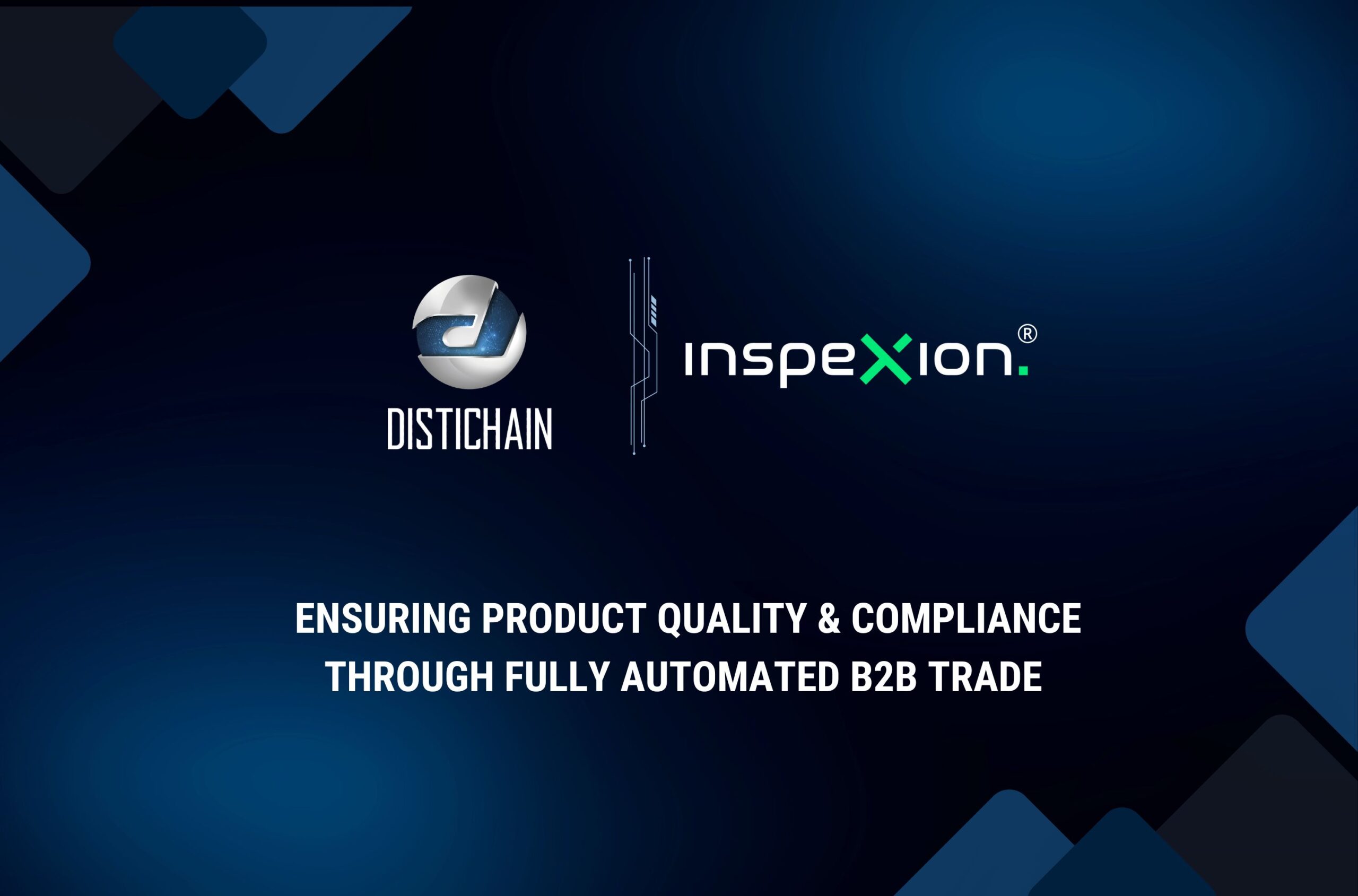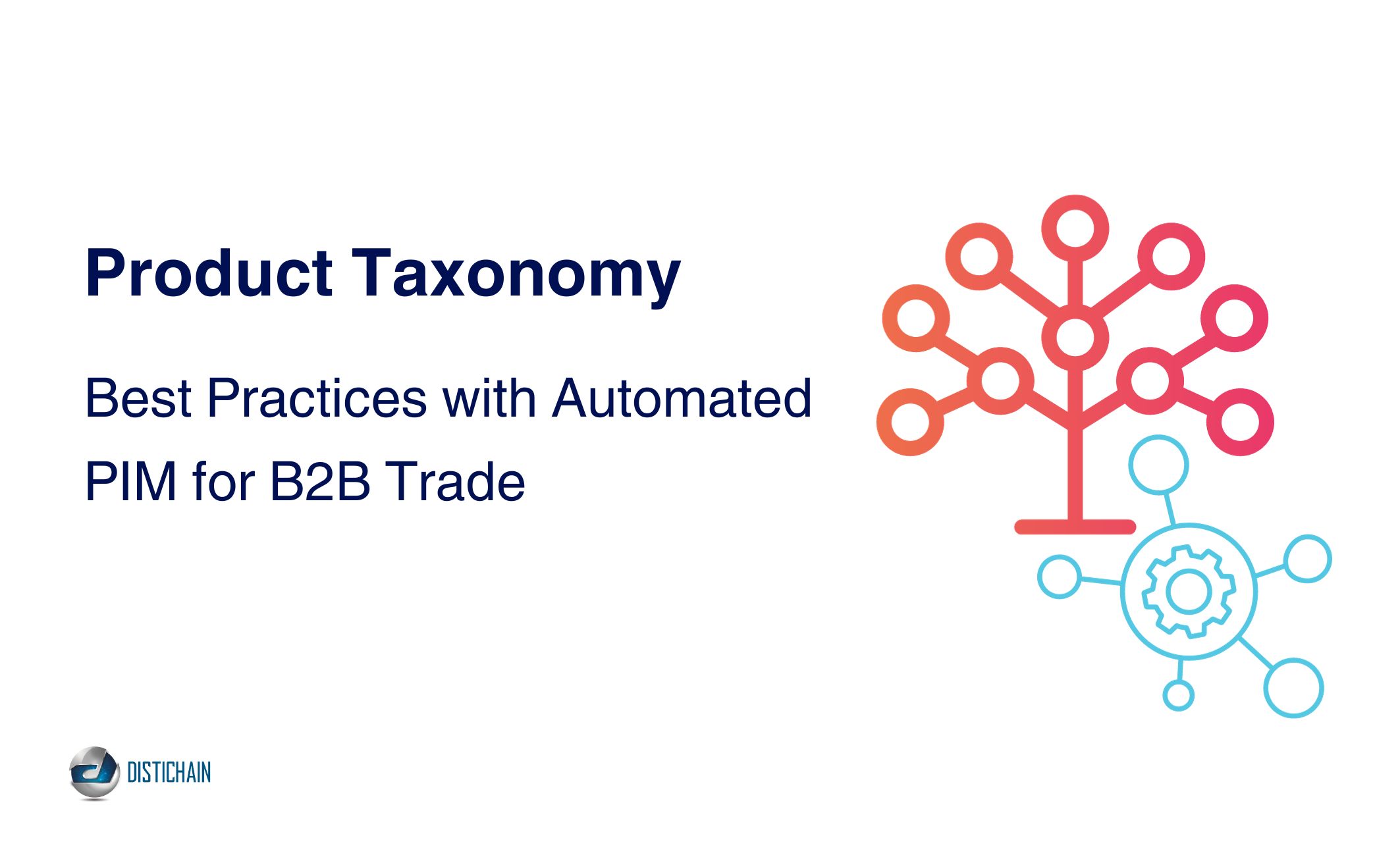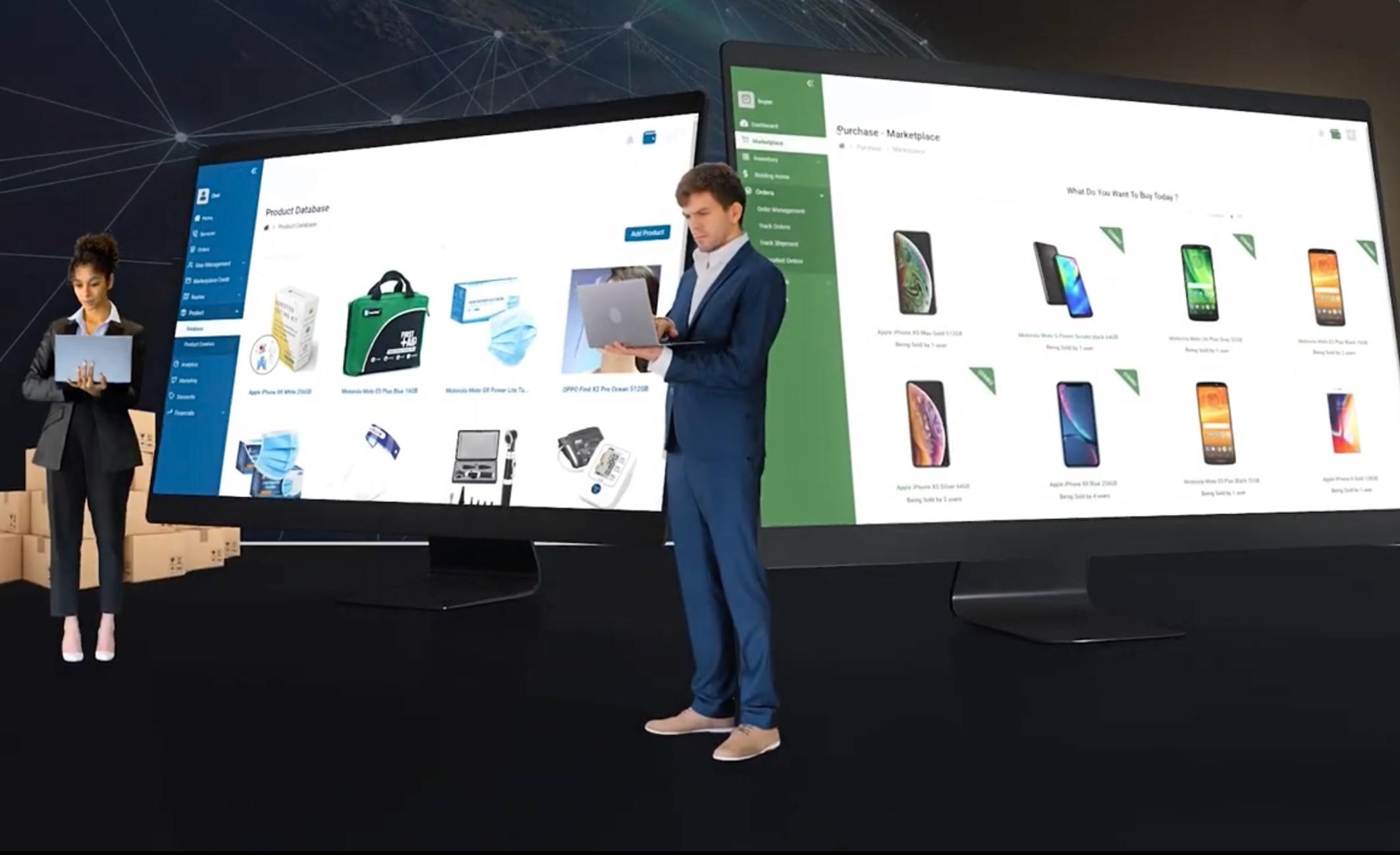In an era of digital dominance, small and medium enterprises (SMEs) strive to remain competitive. Amid rapid technological advancements and rising expectations, businesses must continuously adapt and innovate to meet these evolving demands.
The key lies in harnessing the power of e-commerce, enabling SMEs to leverage technology-driven solutions for sustained growth.
To discover how SMEs can leverage B2B e-commerce, read on to learn its role in driving growth and transforming SMEs – and why embracing e-commerce is not just an option but a strategic necessity.
Benefits and Challenges of Integrating E-commerce in SMEs
Dissecting the benefits and challenges of B2B e-commerce is essential. Here are the benefits e-commerce brings SMEs and the hurdles they may encounter during its integration.
Benefits of E-commerce for SMEs
Global Reach
By eradicating geographical boundaries, SMEs can penetrate and expand into international markets. This is made possible even for a modest enterprise in a remote location, thanks to the digital storefront that online platforms offer.
Enhanced Supply Chain Management
Online platforms spark a radical transformation in supply chain management. They replace traditional, manual processes with automated systems, enhancing efficiency and driving a revolution in operations. This allows SMEs to transition their supply chains from conventional models to modern, digitally-enabled, data-centric ones, boosting business efficiency, reducing costs, and improving customer service.
B2B E-commerce Solutions
Tailor-made SME solutions are abundant in the B2B online landscape. These solutions range from automating tasks to slashing operating costs, providing tools that enhance business efficiency and catalyze transformation.
Scalability
A key advantage of e-commerce lies in its scalability. E-commerce platforms are designed to evolve alongside your business, allowing you to respond to market changes and business objectives.
Democratization of Business Landscape
The business landscape is democratized by online platforms, empowering SMEs to achieve sustainable growth and competitiveness in the global market.
Challenges of Integrating E-commerce in SMEs
Adapting to Technological Changes
The world of e-commerce is constantly evolving, and SMEs must keep up with these changes. This can be a complex process that requires a willingness to learn and adapt.
Redesigning Business Strategies
To successfully integrate e-commerce, SMEs may need to redesign their business strategies. This could involve changing their marketing tactics, rethinking their pricing strategies, or altering their product offerings.
Evolving Operations
Transitioning to an e-commerce model often requires significant business operations changes. This could include implementing new systems for inventory management and order fulfillment, among others.
Technical Issues
SMEs may face technical issues related to website uptime, load speed, and user experience. Ensuring a smooth and efficient online shopping experience is crucial for retaining vendors.
Regulatory Compliance
SMEs may need to comply with various e-commerce regulations depending on their markets. These can include data protection laws and tax regulations.
Despite these challenges, the benefits of integrating e-commerce for SMEs are tremendous. In fact, these are all challenges that are easily overcome with time. The numerous advantages of e-commerce for SMEs far outweigh the challenges involved in its adoption.
Real-World Impact of E-commerce on SMEs
The transformative power of e-commerce is evident in real-world scenarios. For instance, in Canada, where SMEs contribute significantly to the economy, adopting B2B e-commerce has led to a 7% increase in revenues and a decrease in costs by 9.5% (costs of goods sold) and 7.5% (sales and administrative costs). This demonstrates the tangible benefits of e-commerce in enhancing performance and efficiency.
The potential for growth in B2B e-commerce adoption is significant in developing countries. Take North Macedonia, where 99.8% of registered companies are SMEs, but only about 50% have some form of online presence. There’s a consensus on the impact of ICT on organizational performance, with over 65% of managers acknowledging its importance. This underscores the need for a comprehensive approach to digital adoption.

Enhancing Business Efficiency: The E-commerce Edge for SMEs
The advantages of e-commerce extend beyond these benefits. By harnessing the power of e-commerce, SMEs can unlock unprecedented levels of business efficiency, productivity, and competitiveness.
E-commerce platforms serve as repositories of invaluable data, providing SMEs with a comprehensive digital footprint of the user journey. This data-driven approach empowers businesses to refine their offerings, align them with manufacturer and vendor needs, and anticipate market trends through personalized, data-driven strategies.
By leveraging these actionable insights, SMEs can make strategic decisions based on empirical evidence rather than speculation to gain a competitive edge.
The E-commerce Impact: Driving the Future of SMEs
E-commerce is reshaping SMEs, opening new opportunities. As we advance digitally, e-commerce’s influence on SMEs will grow, offering increased profitability for businesses ready to adapt.
An SME’s successful integration into e-commerce benefits businesses and nations, underlining the need for an inclusive B2B marketplace. All businesses should participate in the global B2B landscape regardless of size. Encouraging SMEs to compete globally, particularly in emerging markets, boosts economic development.
E-commerce is becoming transformative for SMEs, offering growth and profitability for those ready to embrace the digital revolution.
Discover Distichain’s tailored SME solutions for your B2B operations today. Learn more.











